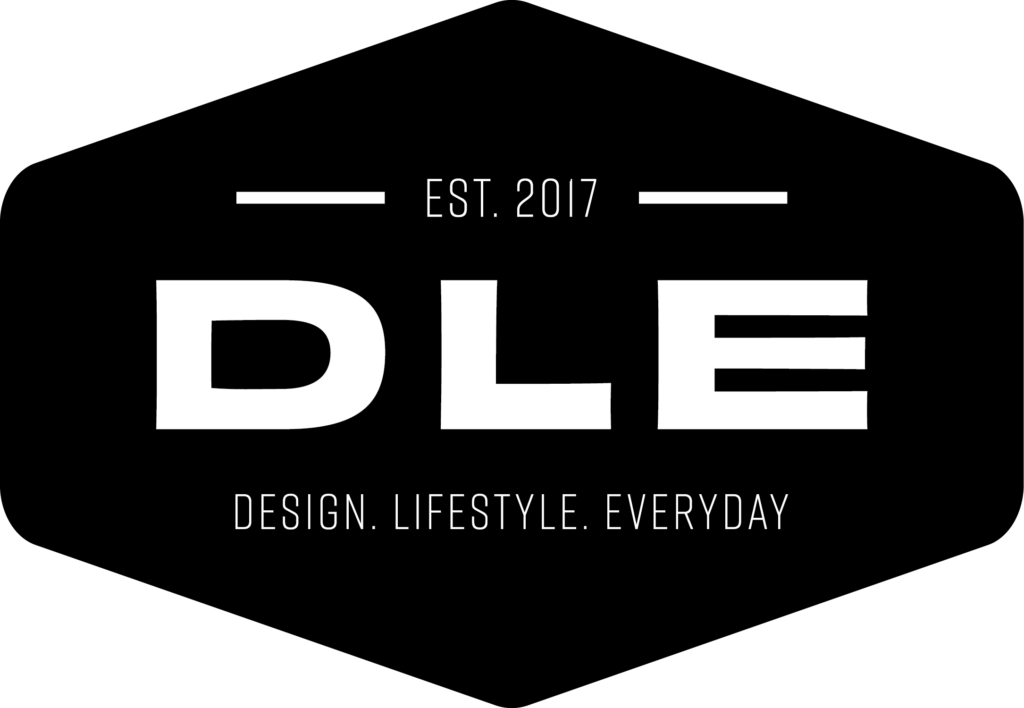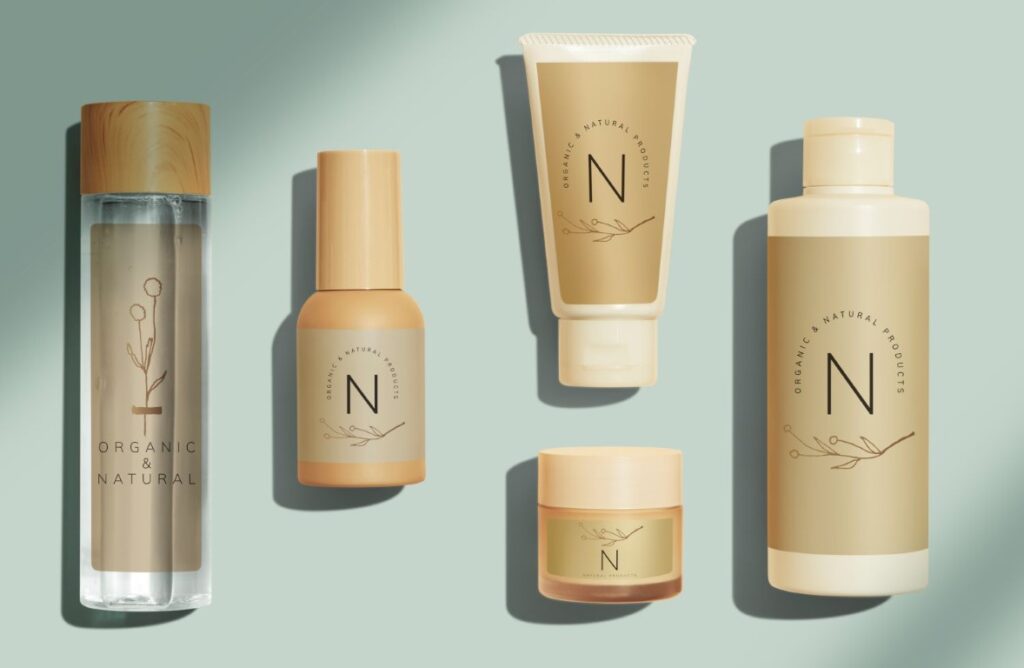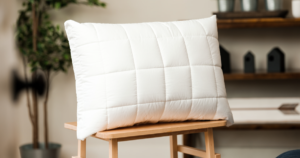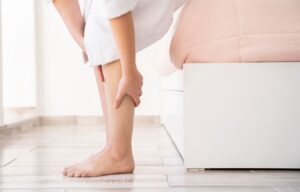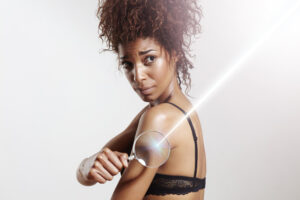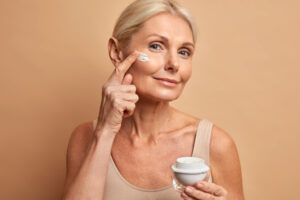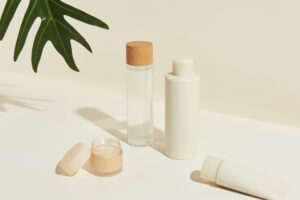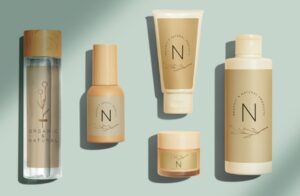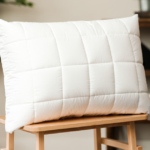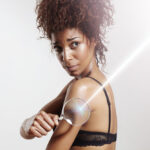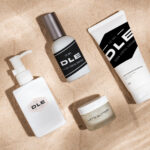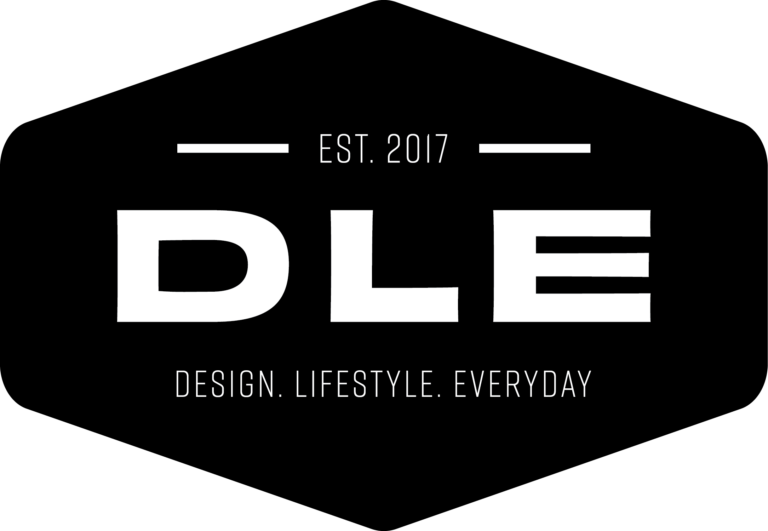Did you know that it’s possible for acne treatment products to be too strong? It’s true, and far more common than you might think. If you’re using your acne treatment system diligently, but your acne doesn’t seem to be consistently getting better, then there’s a good chance it’s overpowered. Some acne systems are overpowered because they include too many strong ingredients, while others simply include too much of one particular ingredient. Either way, the results are the same: the acne doesn’t go away. So how can you tell if your acne system is overpowered? Here are 4 signs you can’t miss.
1. Your Acne Clears Up At First, But Then Comes Back With a Vengeance
Overpowered acne systems sometimes get rid of acne at first—but then it comes back.
One of the classic symptoms of an overpowered acne system is inconsistent progress when it comes to getting clear skin. At first, the super harsh products might clear out your acne entirely. But long-term use will only dry out your skin, cause irritation, and bring your acne back, typically within a few weeks or even just a few days. So how exactly does this work?
Excessively harsh acne treatment products clear up acne at first because they do actually contain acne-fighting ingredients. However, when products are too harsh, they strip away the protective layer of oil that our skin needs, and that can cause acne to return. If you have super oily skin, you may think it’s a good thing to strip away all that excess oil, but if you have dry skin, you know how important a very fine layer of oil can be to maintaining healthy skin. The truth is, our skin needs a slight protective barrier to prevent it from being constantly irritated and inflamed by everyday life. Without that protective layer, this irritation and inflammation often leads to acne.
Acne, it turns out, is a primarily inflammatory skin condition, and all acne forms due to some initial inflammation. This is when the skin swells slightly and the pores close up, trapping bacteria, oil, and dead skin cells below the surface where they form blackheads, whiteheads, pimples, and more. Because of this, one of the best ways to treat and prevent acne is by preventing inflammation. An overpowered acne system is bad for skin because it actively causes inflammation.
2. Your Acne System Includes a Product That Contains 10% Benzoyl Peroxide
Benzoyl peroxide is most effective in lower concentrations, like those found in the Exposed Skin Care acne system.
Different ingredients are most effective at different concentrations depending on your skincare needs, but there is a point where it all just becomes too much. A good example of this is products that contain 10% benzoyl peroxide. They are entirely too harsh for all skin types, and they are far more likely to do harm than good.
Benzoyl peroxide is an excellent acne-fighting ingredient that functions primarily by killing acne-causing bacteria. On the low end, some products contain concentrations of benzoyl peroxide at 2.5%. If you haven’t used benzoyl peroxide before, we recommend starting at this concentration to ease your skin into it. Other safe products contain concentrations of benzoyl peroxide anywhere from 3% to 5%, but once the concentrations start going above 5%, we recommend using caution. These products are definitely a bad idea for dry skin, and may not even be worth it for oily skin. This is because at concentrations over 5%, benzoyl peroxide becomes far more likely to cause side effects like burning, peeling, and flaking skin. Once you hit 10%, the costs absolutely outweigh any possible benefits. Check your ingredient labels, and if you see 10% benzoyl peroxide, it’s definitely time to start looking for a better acne system, like Exposed Skin Care.
3. Your Skin Often Feels Tight or Looks Blotchy
Tight, blotchy skin is a huge red flag that your acne system might be overpowered.
Do you ever go through your full skincare routine, only to notice that your skin actually feels and looks worse afterwards? That’s definitely a red flag that your acne system is overpowered. When our skin feels tight, it means it’s dried out, and that’s never a good thing for acne. Dry skin is easily inflamed skin, which means it’s actually prone to more acne, not less. And when our skin breaks out in red blotches, it’s trying to communicate with us and tell us that it is irritated. Irritation is a stepping stone toward inflammation, so that’s also a bad sign for acne. It is far better to use gentle products that protect the skin while treating it.
4. The Products Sting When You Apply Them to Your Skin
It’s an old skincare myth that acne products are supposed to sting—in reality, that’s a sign that you are damaging your skin.
If you’ve heard that it’s a good thing for skincare products to sting and burn when you apply them, you aren’t alone. It’s a popular myth, but that’s all it is—a myth. In reality, whenever you experience sensations of pain, it is your body trying to tell you that it is being damaged in some way. In this case, it’s your skin cells telling you that the harsh ingredients in your overpowered acne system are damaging them somehow.
Some mild tingling is relatively normal and usually isn’t a sign of damage, but if that tingling escalates to stinging or burning, you may want to use those products less often, or better yet, start looking for a gentler acne system that is more well-suited to your skin’s needs. We’ve reviewed some of the most popular options, from Proactiv to Exposed Skin Care .
Originally posted at: https://acnetreatments.exposedskincare.com/4-signs-your-acne-system-is-overpowered/
